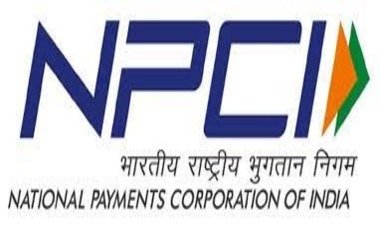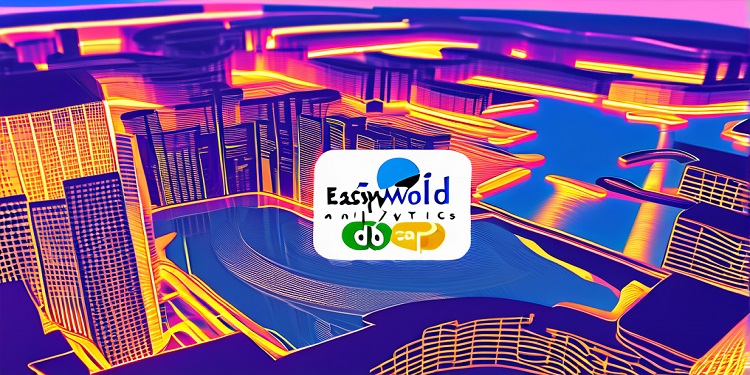 India’s cautious approach to incorporating cryptocurrencies into its financial infrastructure has not deterred its interest in exploring the potential of blockchain technology. The National Payments Corporation of India (NPCI) recently unveiled a significant development in this direction. On August 29, NPCI introduced “Falcon,” an open-source initiative designed to simplify the management and utilization of blockchains built on ‘Hyperledger Fabric’ and supported by Kubernetes clusters. This strategic move by NPCI is poised to foster innovation in blockchain-based payment solutions.
India’s cautious approach to incorporating cryptocurrencies into its financial infrastructure has not deterred its interest in exploring the potential of blockchain technology. The National Payments Corporation of India (NPCI) recently unveiled a significant development in this direction. On August 29, NPCI introduced “Falcon,” an open-source initiative designed to simplify the management and utilization of blockchains built on ‘Hyperledger Fabric’ and supported by Kubernetes clusters. This strategic move by NPCI is poised to foster innovation in blockchain-based payment solutions.
The NPCI, an influential player in India’s financial sector, emphasized Falcon’s role in supporting diverse stakeholders — from blockchain enthusiasts and developers to enterprises aiming to harness the capabilities of distributed ledger technology through Hyperledger Fabric. The corporation’s official statement underscored that Falcon stands as the optimal solution for deploying Fabric networks efficiently, reliably, and automatically.
New Open-Source Solution Aims to Boost Blockchain Development and Enhance Developer Experience
Falcon’s contribution is expected to be pivotal in empowering blockchain developers to proficiently employ distributed ledger technology, facilitating the seamless and automated deployment of networks and Web3 solutions. It is imperative to note that the origins of Hyperledger Fabric can be traced back to a collaboration between Digital Asset and IBM, a partnership that yielded an enterprise-grade permissioned blockchain network. This framework serves as the foundation for conceiving and implementing a wide array of blockchain-based products and solutions.
Conceived by Google engineers Joe Beda, Brendan Burns, and Craig McLuckie in 2014, Kubernetes has emerged as an open-source platform tailored to manage packaged software codes, often referred to as containerized applications. Operating within a Kubernetes cluster entails a collection of nodes dedicated to executing containerized applications. Google Cloud succinctly explained Kubernetes’ multifaceted role, highlighting its proficiency in automating various operational aspects of container management. The platform encompasses a range of built-in commands catering to tasks such as application deployment, seamless integration of updates, dynamic scaling of applications in response to fluctuating demands, comprehensive application monitoring, and more. This comprehensive suite of functionalities markedly simplifies application management, positioning Kubernetes as a cornerstone of modern software development.
Falcon represents a strategic fusion of Kubernetes and Hyperledger elements, harmoniously combining their distinctive capabilities to usher in a new era of streamlined blockchain solution development and maintenance. The convergence of Kubernetes’ automated operational processes and Hyperledger’s robust blockchain foundation promises to empower developers with an efficient and holistic environment to realize advanced-grade blockchain solutions.
Praising NPCI’s launch of Falcon, industry experts anticipate far-reaching benefits, speculating that this initiative has the potential to expedite the implementation of blockchain-based solutions and elevate the overall developer experience. Such predictions are grounded in the understanding that Falcon addresses critical pain points in blockchain deployment and management, ultimately fostering an environment conducive to rapid innovation and smoother execution.
Reflecting on the recent past, it’s noteworthy that the NPCI had previously introduced ‘Vajra’ in 2020 — a blockchain-driven system meticulously designed to automate payment clearing and settlement processes for NPCI products. This historical context underscores NPCI’s commitment to technological innovation in the financial domain.
In conclusion, India’s National Payments Corporation of India has strategically ventured into the realm of blockchain technology with its groundbreaking Falcon project. By introducing an open-source solution that seamlessly marries Kubernetes and Hyperledger Fabric, the NPCI is paving the way for accelerated innovation in blockchain-based payment solutions. Falcon’s potential to enhance developer experiences and simplify the intricate process of deploying blockchain networks could very well catalyze the broader adoption of distributed ledger technology in India’s financial landscape.








